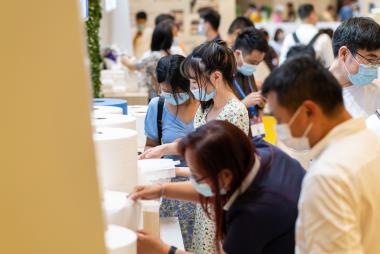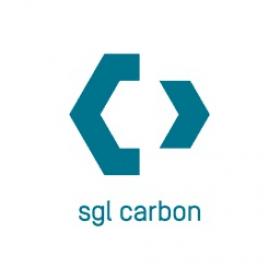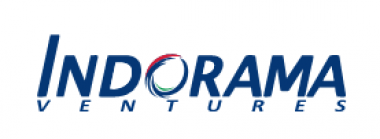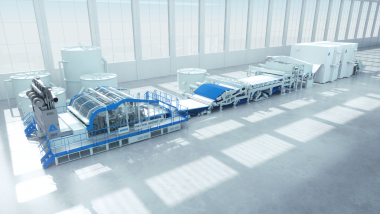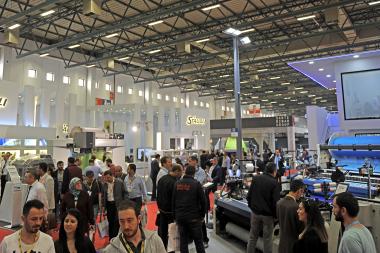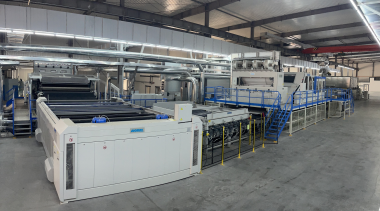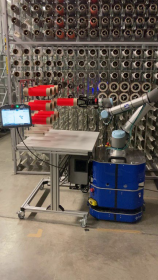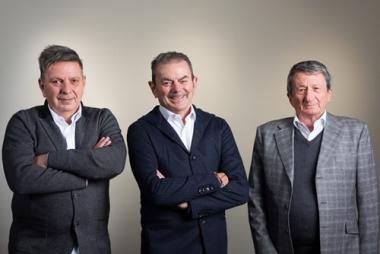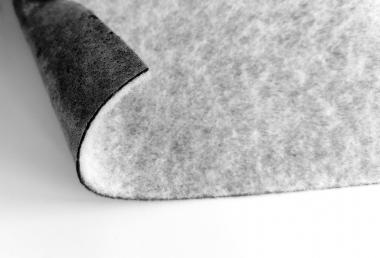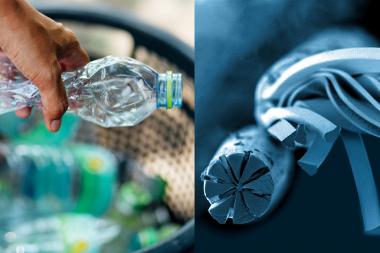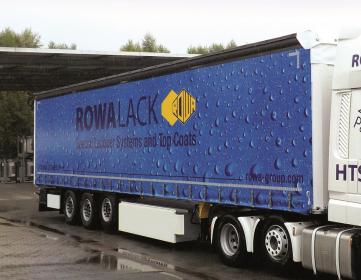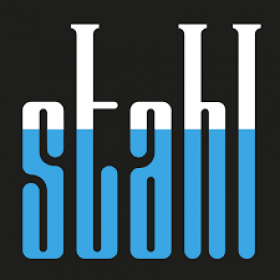Deferral of Cinte Techtextil China 2022
In light of the evolving pandemic circumstances in Shanghai, Cinte Techtextil China will no longer be taking place from 6 – 8 September at the Shanghai New International Expo Centre. A new date for the technical textile fair will be announced in due course.
Ms Wendy Wen, Managing Director of Messe Frankfurt (HK) Ltd, explained: “After discussions with stakeholders, and in support of the government’s pandemic control measures, we have decided to postpone Cinte Techtextil China 2022 to a later date. The safety of fairgoers is of paramount importance to the fair’s ongoing success, and we are working tirelessly to provide an efficient sourcing platform for the technical textile industry. I would like to thank all participants for their sustained support and understanding.”
Cinte Techtextil China’s product categories cover 12 application areas, which comprehensively span a full range of potential uses in modern technical textiles and nonwovens. These categories also cover the entire industry, from upstream technology and raw materials providers to finished fabrics, chemicals and other solutions. This scope of product groups and application areas ensures that the fair is an effective business platform for the entire industry. The 2021 edition attracted 366 exhibitors and recorded 14,868 visits. The fair is organised by Messe Frankfurt (HK) Ltd; the Sub-Council of Textile Industry, CCPIT; and the China Nonwovens & Industrial Textiles Association (CNITA).
Messe Frankfurt (HK) Ltd


